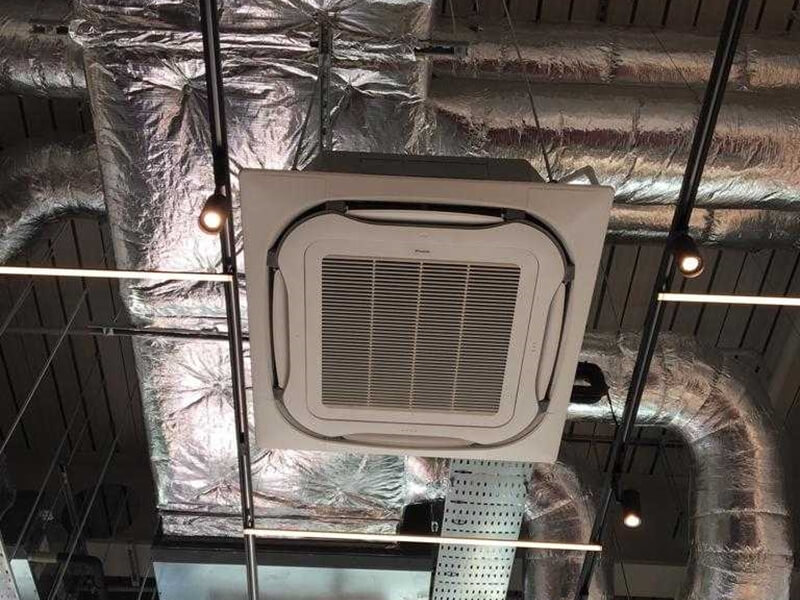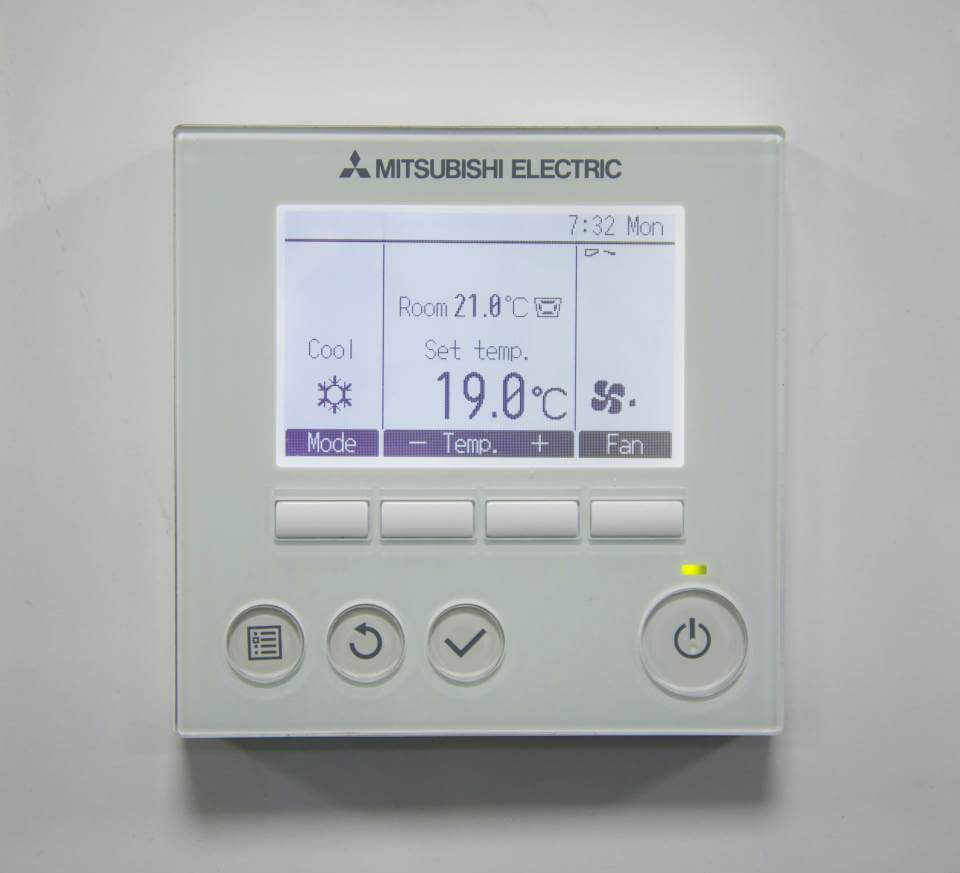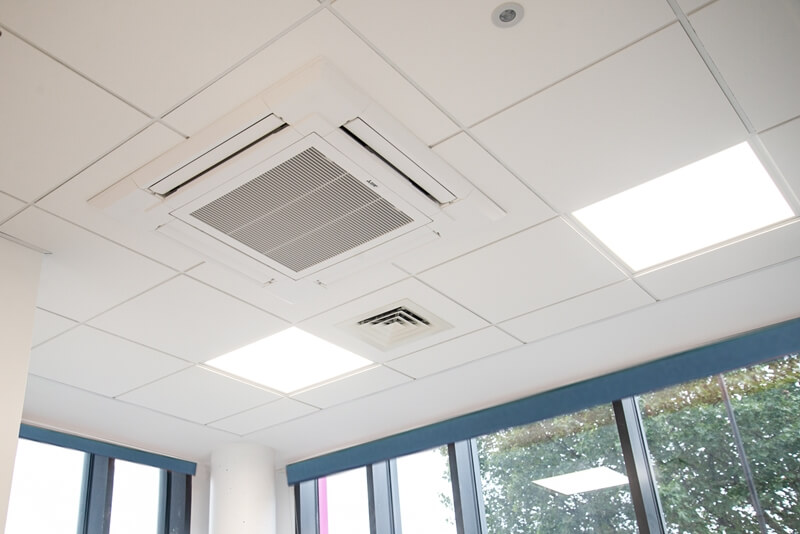UK FGas Regulations – Are You Compliant?

Estimated reading time 6 minutes
While part of the EU, the UK followed EU legislation to control Fluorinated gases (FGases). Having left the EU UK FGas and Ozone-depleting substances (ODS) legislation has passed to DEFRA.
Current EU regulations were transferred into UK legislation for regulating ODS and FGas including ODS and FGas Regulations (Regulation (EC) No 1005/2009 which establishes the rules on the production, import, export, placing on the market, use, recovery, recycling, reclamation and destruction of substances that deplete the ozone layer, on the reporting of information related to those substances and on the import, export, placing on the market and use of products and equipment containing or relying on those substances that deplete the ozone layer (the ODS Regulation) and Regulation (EU) No 517/2014 on fluorinated greenhouse gases (the FGas Regulation).
Current FGas and ODS Obligations and Responsibilities
All owners who operate air conditioning and cooling systems which contain FGas, with a CO2 equivalent charge of 5 tonnes or above, are legally required to ensure their systems are FGas complaint. As part of FGas compliancy, systems must be serviced, maintained and leak tested, and a record of maintenance and servicing kept.
Anyone carrying out work to install, service, maintain, repair, decommission or check for leaks in any stationary refrigeration, air conditioning or heat pump equipment (SRAC) containing, or designed to contain FGas must hold a personal FGas qualification such as City & Guilds 2079, BESA FGas, CITB J11, or LCL FGas and they must be properly registered with a body such as REFCOM (or equivalent authorised EU certifying body).
How often you the equipment is checked depends on the CO2 equivalent charge weight of the system:
- 5-50 tonnes and above – at least every 12 months.
- 50-500 tonnes and above – at least every 6 months.
- 500 tonnes and above – at least every 3 months.
The obligations and responsibilities with respect to recording refrigerant usage and maintaining and monitoring systems for leaks are:
- To prevent the unintentional release of F gases during production and use.
- To prevent intentional release of F gases.
- To use leakage detection systems.
- To minimise and repair leakages.
- To check leaks and keep records.
- To provide evidence that trifluoromethane produced during the production of F gases has been destroyed.
- To recover F gases from equipment for recycling, reclamation or destruction.
- On placing certain products and equipment on the market.
- On sales of F gases to businesses which do not hold the relevant certificates or attestations.
- For correct product and equipment labelling.
- On the use of certain F gases for magnesium die-casting, vehicle tyres or servicing certain refrigeration equipment.
In the case of ODS responsibilities are:
- To maintain equipment
- Control leaks.
Penalties for Noncompliance
There are penalty charges if building owners do not comply with the various rules and regulations which govern air conditioning systems. Property owners must be able to provide an inspection report upon request, or within seven days of request, if they are to avoid a penalty charge.
In the case of regulation 31A of the Fluorinated Greenhouse Gases Regulations, operators who do not follow the rules could be looking at substantial fines e.g., the Environment Agency fined a London-based firm £1 million for breaching the FGas Regulations for seven separate offences, over a two-year period, each linked to breaches of regulation 31A of the Fluorinated Greenhouse Gases Regulations.
Knowing and understanding the legal requirements for air conditioning is a serious matter for building owners. Ensuring your compliance with UK air conditioning rules and regulations should be a top priority.
Changes to FGas Legislation
In 2021 DEFRA started a comprehensive review of the retained European Union (EU) regulation on fluorinated greenhouse gases (the F gas Regulation) ((EU) No 517/2014), as it applies in the UK, to identify opportunities for further reductions in FGas emissions.
At the end of 2022 DEFRA published the “F gas regulation in Great Britain - Assessment report”. DEFRA has stated that it will not be waiting for the EU to complete its planned FGas regulation reforms which look to be calling on “a steeper trajectory from 2039 onwards to phase down hydrofluorocarbons (HFCs) placed on the EU market, with the goal of a zero HFC target by 2050 (Annex VII)” and an “acceleration in innovation in, and the development of, more climate-friendly solutions.”
The UK has continued to match European FGas regulations since leaving the EU and the UK’s Committee on Climate Change has called for the UK to match or exceed any new FGas regulations introduced by the EU. However, the Building Engineering Services Association (BESA) who is responsible for REFCOM, has warned that the UK should take time to decide which rules to adopt.
Graeme Fox BESA’s technical director said “The proposed new timetable would require a dramatic acceleration in the adoption of alternative refrigerants. This will increase the amount of flammable gas in use which would create serious safety concerns.” This raises a number of concerns, one being that training would need to be undertaken to handle flammable refrigerants and that if the option to service and maintain equipment with existing HFC gases was removed it would be counterintuitive.
Mr Fox is quoted as saying that “Many installed systems still have a useful operating life of at least 15 years, and it would be putting the industry and its clients in an extremely difficult and, potentially, impossible position if some of the proposed restrictions on the availability of refrigerants used for servicing these systems were adopted. Tearing out energy efficient and perfectly serviceable equipment would make no sense from an embodied carbon perspective and could be financially ruinous for many end users.”
The UK government has said it will continue to monitor the EU’s ongoing FGas Regulation review but will focus on the needs of the UK’s Refrigeration, Air Conditioning and Heat Pump (RACHP) sector. When the consultation is complete and new FGas regulations are finalised we may see a divergence, for the first time, between UK and EU FGas regulations. Watch this space.
Synecore For HVAC and Refrigeration
Syncore install commercial air conditioning, heating, ventilation and air conditioning (HVAC) and refrigeration systems. Synecore offers businesses of all sizes air conditioning planned preventative maintenance (PPM) packages for their air conditioning and. Each PPM package is designed to meet the needs of the individual business and the air conditioning system or commercial refrigeration system in place and ensure full FGas compliance.
As part of every PPM package our REFCOM certified engineers carry out scheduled visits to keep your system efficient and FGas compliant all-year-round. On your behalf we will maintain your FGas records to keep you legally compliant with FGas regulation.
If you would like to learn more, please contact Synecore via our contact form or on 01795 509 509. Our team will book an appointment for one of our engineers to visit your site and discuss your options.



